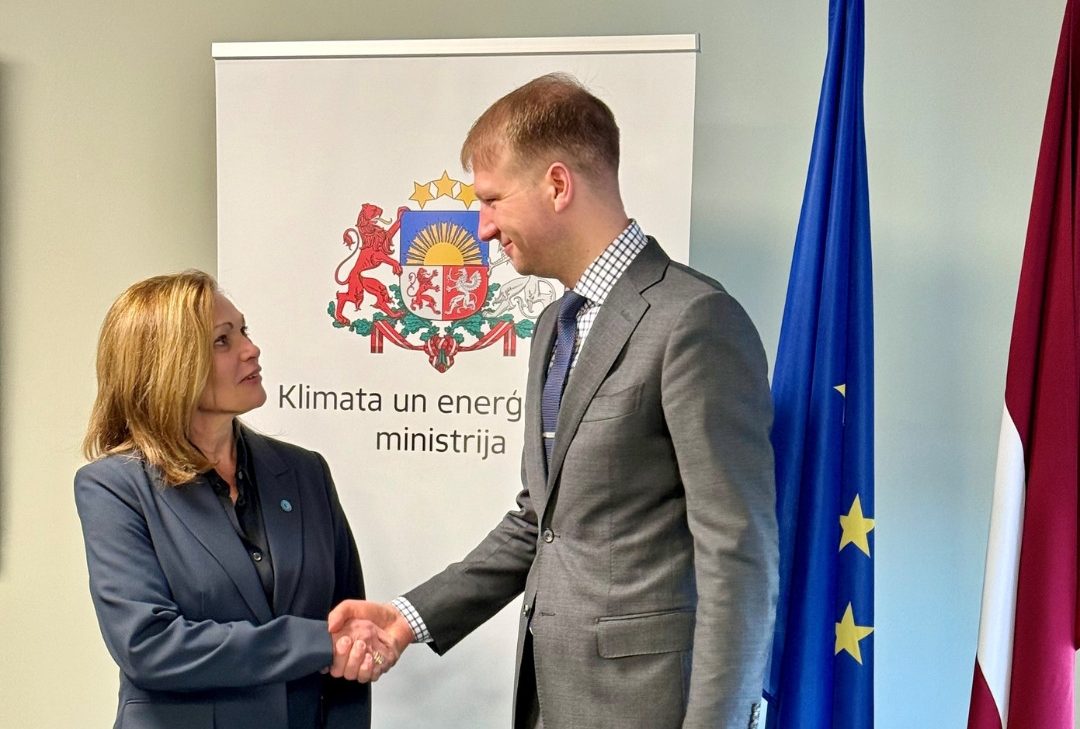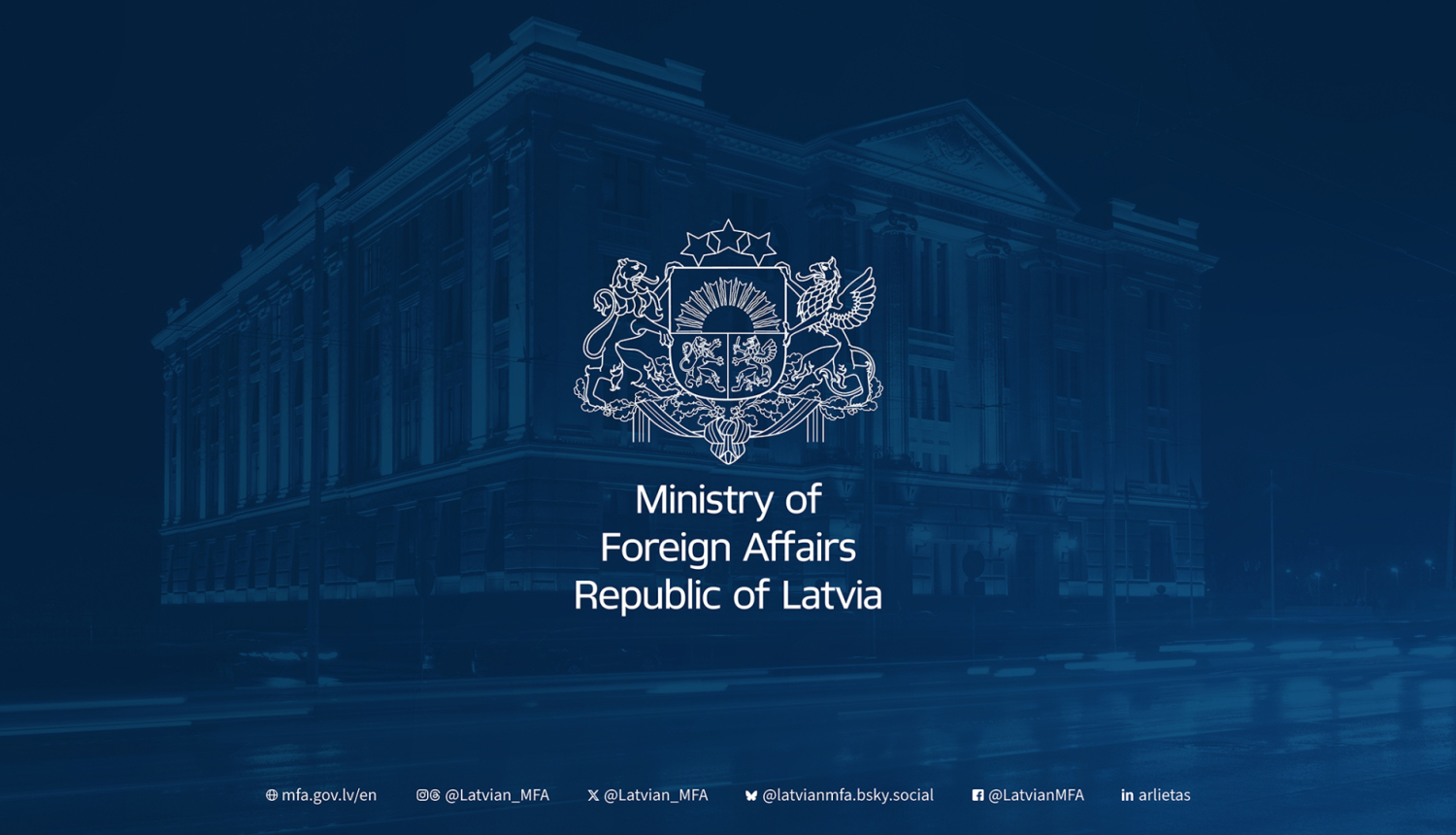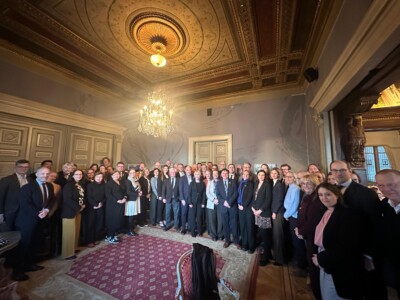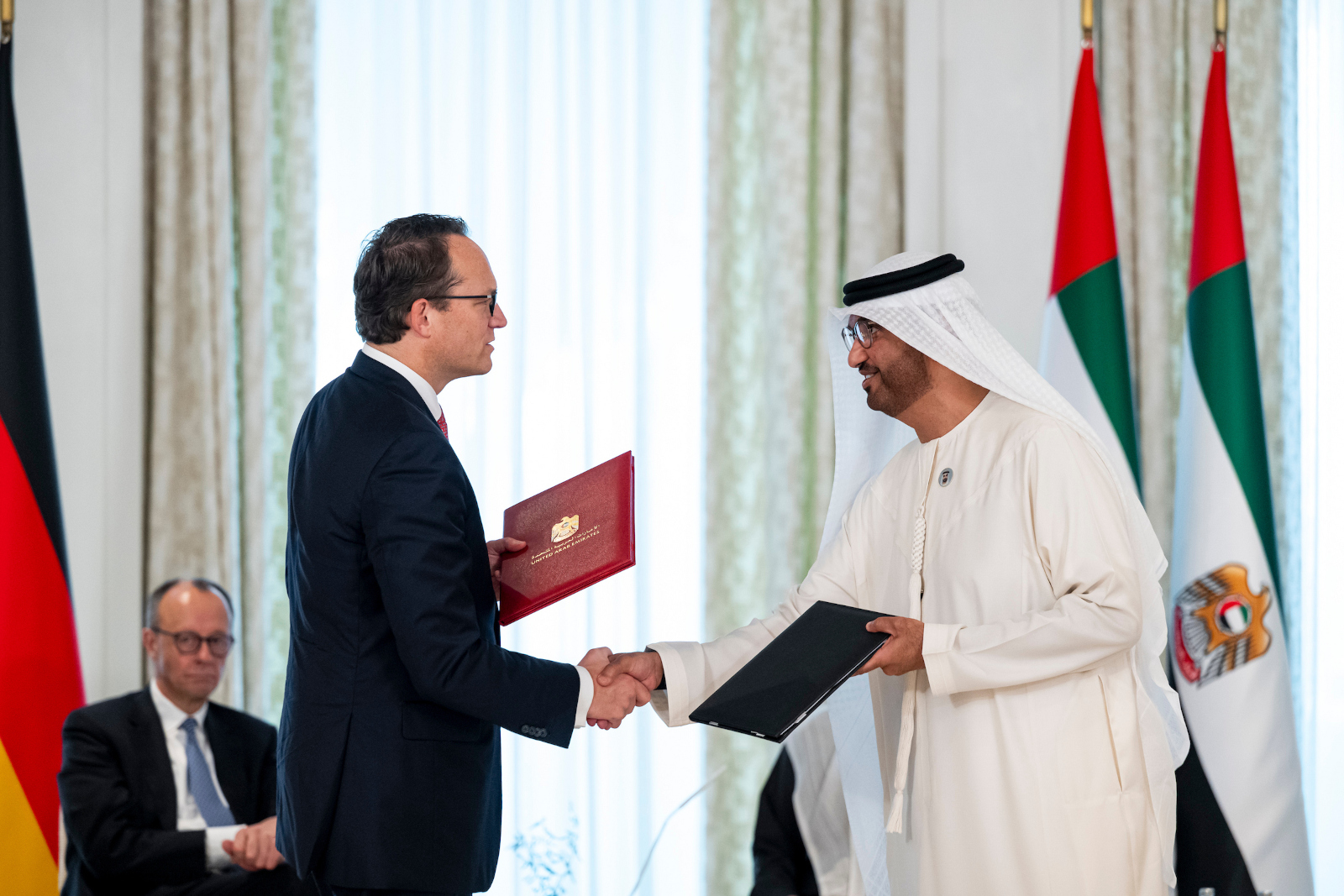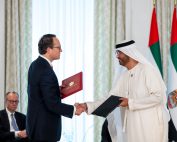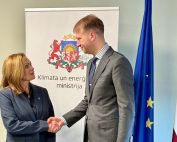It is already necessary to think not only about engineers needed in the construction phase of offshore wind farms, but also about technicians who will take care of their servicing in the operational phase – emphasised representatives of Equinor and Polenergia during the Educational Career Fair EDU OFFSHORE WIND in Gdańsk. This is one of many conclusions on investors’ need for personnel that emerged during the debates during the fair.
Equinor and Polenergia were partners in this first such major educational event dedicated to offshore wind energy in Poland, held on 14-15 March 2023 at the AmberExpo hall in Gdańsk. The two companies, which are jointly developing three offshore wind farm projects – Bałtyk I, Bałtyk II and Bałtyk III – with a total capacity of around 3 GW, will need skilled employees for their implementation. The new industry of offshore wind energy is an opportunity for dozens of new jobs on the one hand, but on the other, challenges related to the need for education of specialists to work in this sector.
Education among the biggest challenges for offshore projects in Poland
While cooperating with Polenergia on offshore wind farm projects in the Baltic Sea, Equinor uses the experience gained in markets abroad.
– We have long recognised the need for access to well-educated personnel. That is why we undertake our own educational initiatives, as do other developers and some local authorities. But this is still not enough. Systemic solutions are needed. A good field for cooperation in terms of setting a roadmap for cadres is the Polish Offshore Wind Sector Deal. Much in this respect depends on the central administration, which has the ability to steer education in the right direction. Competence development is also important for the administration itself, e.g. in the area of permitting or environmental procedures – said Marcin Wiśniewski, Director of Regulatory Affairs at Equinor Poland, during a debate on educational initiatives at EDU OFFSHORE WIND.
The projects implemented by Equinor and Polenergia will not only provide energy for more than 4 million households, but also generate up to 10,000 jobs in the Baltic projects and in companies that will be suppliers and sub-suppliers of components and services. Specialists will be needed in a wide range of fields: from offshore structure, hydrotechnical design, and project management, to experts in environmental protection, maritime law, health and safety, as well as production and service workers.
– Offshore wind energy is a long-term project, an investment that will be developed over many years and operated for another 25-30 years. It’s a gigantic sector with jobs in every possible field. We are building an industry that will change the economy, the approach to climate, to environmental security. We need people who want to change the world for the better. We will continue to develop our own education initiatives, but we will also be committing our major component and service suppliers to join us in training and apprenticeship programmes for graduates. Siemens Gamesa or Hitachi have been doing this brilliantly for years – said Maciej Stryjecki, Head of Offshore Wind at Polenergia, during EDU OFFSHORE WIND.
The offshore industry recognises the challenges of personnel training, as the lack of qualified personnel is one of the main risks for the implementation of wind projects in Poland. As representatives of Equinor and Polenergia emphasise, it is already necessary to think not only about engineers needed in the construction phase of offshore wind farms, but also about technicians who will take care of their servicing in the operational phase. Such experts will be needed for the O&M base in Łeba.
Technicians for infrastructure maintenance will be sought, as well as clerical staff to support servicing of those projects from land. As a logistics and operations centre, the base in Łeba will be responsible for the safe and proper operation of the Bałtyk II and Bałtyk III offshore power plants over their 30-year lifespan. Construction of the facility will begin at the turn of 2023 and 2024. Its commissioning is planned for the end of 2025. Up to 100 specialists will find long-term employment at the base. Recruitment will begin in mid-2025. Shift work with a two-week rest period after a 14-day shift may be tempting for offshore workers, as it promotes a work-life balance.

For two days, Equinor and Polenergia’s booth at the EDU Offshore Wind Career Fair was visited by several thousand people, mostly students and high school students; Source: EDU Offshore Wind
In the opinion of both partners, it is extremely important to build public awareness and interest in the offshore wind sector among young people. The education process needs to start early. If offshore wind energy is to flow from the Baltic Sea into the Polish grid in a few years’ time, a cadre of specialists needs to be prepared now.
Commitment to local initiatives
Equinor and Polenergia attach particular importance to ensuring that energy transformation translates into social progress. One of the manifestations of Equinor’s implementation of this mission is the building of social capital in places where it operates, including through support for innovative activities and undertaking educational actions. Polenergia actively develops cooperation with local authorities, which meet the expectations of the new labour market by adapting education profiles at various levels in consultation with developers and experts. The EDU OFFSHORE WIND 2023 trade fair in Gdańsk was one of such initiatives. It fited in with the strategies of both investors, who attach great importance to supporting platforms for meetings between school youth and business with the support of local and central authorities.
Equinor’s and Polenergia’s educational activities already have their tradition and did not start with the Gdansk career fair. It is worth mentioning that for a long time the partners have been educating future employees in the sector under the proprietary Flagship Programme ‘Academy of Maritime Competence’. A part of it is a cooperation with the Faculty of Ocean Engineering and Ship Technology at Gdańsk University of Technology, from where future employees of the offshore wind industry will enter the market. As part of this programme, the companies also support local initiatives, such as the development of the Pomeranian Centre for Offshore Energy Competence in Rumia. The effects were already witnessed in the spring of last year, when, in cooperation with the Municipality of Rumia and Rumia Invest Park, experts from both companies conducted educational classes on offshore wind energy for 650 primary school pupils in Rumia.
Another initiative that involved young people and encouraged them to get engaged in Poland’s energy transition was Equinor and Polenergia’s workshop “Onshore + Offshore = Our Future”, organised in cooperation with Employers of Pomerania, during which technical school students heard, among other things, about possible career paths and professional profiles in key competence areas for the development of the industry. In turn, at the OFFSHORE 2022 Career Day at the Gdańsk University of Technology, company representatives met with students and pupils, presenting their activities and future job offers.


